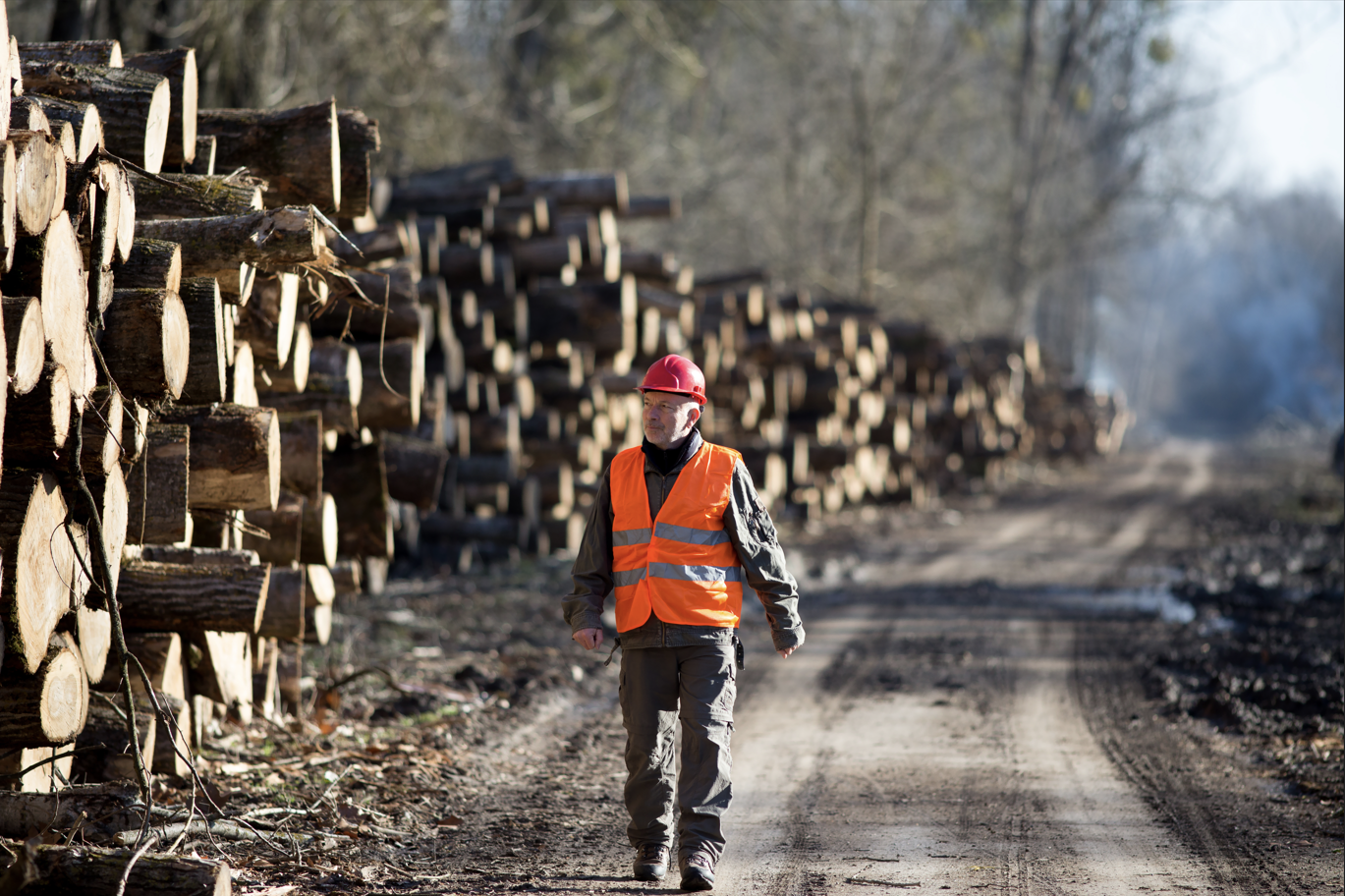Earlier today, The Transition Accelerator unveiled The Mass Timber Roadmap at the Press Conference Room in West Block on Parliament Hill. The comprehensive report outlines an ambitious and strategic vision for the future of mass timber in Canada and its potential to transform green construction and drive economic growth across the country.
Developed in partnership with Forest Products Association of Canada (FPAC), Canadian Wood Council (CWC), and Energy Futures Lab (EFL), The Mass Timber Roadmap comes after more than a decade of collaborative efforts to unlock and demonstrate potential of mass timber and lays out a visionary plan to increase the mass timber market – both domestic and exports – to $1.2 billion by 2030 and to $2.4 billion by 2035.
This ambitious growth aligns with increasing market demand in North America and around the world. By leveraging the power of mass timber solutions, Canada has a unique opportunity to accelerate the construction of residential and commercial structures at greater speeds, with lower costs, and with a lighter carbon footprint; all while capturing a share of a rapidly growing global market.
Achieving targets laid out in The Mass Timber Roadmap requires coordinated efforts across three critical action areas and the report provides actionable next steps, including:
1. Public-Private Collaboration: The Mass Timber Roadmap calls for a partnership between public and private sectors to develop and advance a comprehensive policy package that will enhance the value of Canada's forest resources while building domestic capacity along the supply chain.
2. Standardization: There is a need to standardize building archetypes, wood specifications, and connectors throughout the supply chain to streamline processes and reduce costs.
3. Skills Development: Implementing a robust skills development plan that encompasses all aspects of the supply chain is essential to support the sector’s growth.
Today’s event on Parliament Hill featured the following speakers who highlighted the roadmap's goals and the promising future for mass timber in Canada, followed by an engaging Q&A session with journalists:
• Derek Eaton, Director of Future Economy, The Transition Accelerator
• Derek Nighbor, President and CEO, Forest Products Association of Canada (FPAC)
• Kate Lindsay, Senior Vice President and Chief Sustainability Officer, Forest Products Association of Canada (FPAC)
• Rick Jeffery, President and CEO, Canadian Wood Council (CWC)
Key Quotes:
“The mass timber sector provides a perfect example of how Canada can add value to its primary resources through innovative technologies and advanced skills. If we act strategically and quickly, we have the opportunity to build an industry that reduces emissions, addresses urgent needs, and positions Canada to win in emerging global value chains.”
Derek Eaton, The Transition Accelerator
“To build a world-class mass timber sector, Canada must adopt a strategic approach to ensure we can compete and win globally. This is about smart policy here at home and bringing more Canadian wood to our cities and to the world. By enabling faster, cost-effective, and environmentally-friendly construction with mass timber we can grow jobs, help address the affordable housing crunch, and reduce emissions.”
Kate Lindsay, Forest Products Association of Canada (FPAC)
“The potential for Canadian wood products to reduce the carbon footprint of the built environment and drive the growth of a sustainable and prosperous wood industry is immense; however, global competition to capitalize on the significant economic opportunities mass timber presents in the transition to a lower-carbon world will require us to act swiftly to stay competitive and meet rapidly emerging domestic demand.”
Rick Jeffery, Canadian Wood Council (CWC)
About The Transition Accelerator
The Transition Accelerator exists to support Canada’s transition to a net-zero future while solving societal challenges. The Transition Accelerator works with innovative groups to create visions of what a socially and economically desirable net zero future will look like and build out transition pathways that will enable Canada to get there. The Accelerator’s role is that of an enabler, facilitator, and force multiplier that forms coalitions to take steps down these pathways and get change moving on the ground.
About Forest Products Association of Canada (FPAC)
Forest Products Association of Canada (FPAC) provides a voice for Canada’s wood, pulp, paper, and wood-based bioproducts producers nationally and internationally in government, trade, and environmental affairs. As an industry with annual revenues exceeding $73-billion, Canada’s forest products sector is one of the country’s largest employers operating in hundreds of communities, providing 205,000 direct jobs and over 600,000 indirect jobs across the country. FPAC and its members are committed to collaborating with Indigenous leaders, federal and provincial governments, labour partners, community groups, and other rightsholders and stakeholders to secure and advance the sector’s environmental, social, and economic potential for the long-term.
About Canadian Wood Council (CWC)
Founded in 1959, the Canadian Wood Council (CWC) is Canada’s unifying voice for the wood products industry. As a national federation of associations, our members represent hundreds of manufacturers across the country. Our mission is to support our members by accelerating market demand for wood products and championing responsible leadership through excellence in codes, standards, and regulations. We also deliver technical support and knowledge transfer for the construction sector through our market leading WoodWorks program.










.jpeg)

